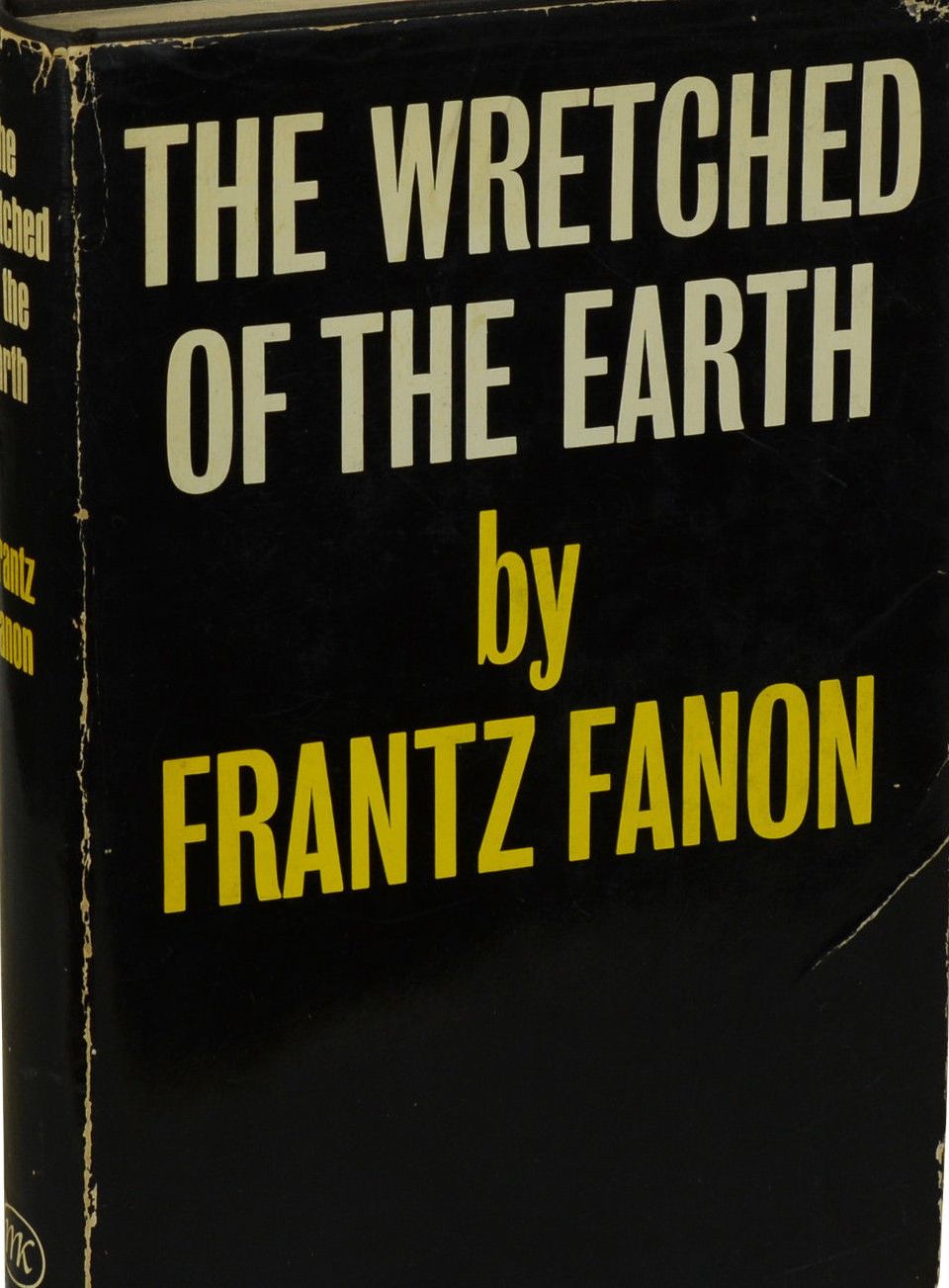By Ibrahim Lawal Ahmed

The author
The xenophobic violence in South Africa has made Nigerians to be looking back at all the good things it had done to South African black population. It is both surprising and annoying. But, it would be good if we bother to find out the cause of the xenophobia. We should begin to ask: What is the cause of xenophobia in South Africa and Africa? Why are Nigerians the most targeted victims?
Xenophobia is not a recent phenomenon in Africa nor is it peculiar only to South Africans. We might as well remember the ‘Ghana Most Go’ in the 1980s in Nigeria. It is just that, recently, it has been concentrated in South Africa.
It is part of the uniqueness of Frantz Fanon to predict the woes of post-colonial African states even though he died on the eve of their independence. Although he never used the word xenophobia in his main work, The Wretched of the Earth, he gave an insight to the underlying cause and drive for xenophobia. As if he was looking at South Africa of today, he observed:
“Yet (after achieving independence) the national bourgeoisie never stops calling for the nationalization of the economy and the commercial sector. In its thinking, to nationalize does not mean placing the entire economy at the service of the nation or satisfying all its requirements. To nationalize does not mean organizing the state on the basis of a new program of social relations. For the bourgeoisie, nationalization signifies very precisely the transfer into indigenous hands of privileges inherited from the colonial period, (P. 100)
“And consequently, wherever the petty-mindedness of the national bourgeoisie and the haziness of its ideological positions have been incapable of enlightening the people as a whole or have been unable to put the people first, wherever national bourgeoisie has proven to be incapable of expanding its vision of the world, there is a return to tribalism, and we watch with a raging heart as ethnic tensions triumph. Since the only slogan of the bourgeoisie is “Replace the foreigners,” and they rush into every sector to take the law into their own hands and fill the vacancies, the petty traders such as taxi drivers, cake sellers, and shoe shiners follow suit and call for the expulsion of the Dahomeans or, taking tribalism to a new level, demand that the Fulani go back to their bush or back up their mountains (pg.105).”
 These lines will certainly ignite contemplation of many things and one may be right to say that the problem, indeed, is the failure of leadership. And South Africa is not exceptional, making it a continental crisis in African development. This is part of what Fanon considered the trial and tribulation of national consciousness which has made the realization African unity a mirage. Even though Fanon pointed out that it is all a (neo)colonial scheme which they manage to spur using their media, it may not be wrong to say that Africans are not blameless.
These lines will certainly ignite contemplation of many things and one may be right to say that the problem, indeed, is the failure of leadership. And South Africa is not exceptional, making it a continental crisis in African development. This is part of what Fanon considered the trial and tribulation of national consciousness which has made the realization African unity a mirage. Even though Fanon pointed out that it is all a (neo)colonial scheme which they manage to spur using their media, it may not be wrong to say that Africans are not blameless.
Already, a perspective is beginning to emerge which paint Nigerians in South Africa bad. Like the Italian Mafia in USA, Nigerians are said to be building its own shady empire in South Africa. They are said to be the leading drug kingpins who are driving the South African teen to addiction. It is not surprising that they have mastered how to manage the authorities (police) and as such, according to this perspective, what we see as attacks on Nigerians is community vigilantism gone wild.
As much as the above perspective is agreeable, what is reported from South Africa goes beyond fighting crime. It reflects a deep frustration of the citizens which can be as a result of the wide economic inequality. Like Nigeria, the inequality in South Africa is extreme, estimated to stand at 0.63 Gini as at 2015. Even though the government is making efforts to reduce it and it rank as the 31st country in commitment to reducing inequality, inequality still remains widespread. It seems the South African elite never informed their citizens of the contributions that Nigeria made to their freedom.

The challenge of quickly managing emerging enemy images

Towards the diplomacy of continental leadership
Nigeria has to lead in bringing an end to this disgrace. To put it in Fanonian analysis, the Nigerian bourgeoisie should take a national stance by using diplomatic measures to send a clear message to the South African bourgeoisie to take actions to end the killing of non-South African members of the proletariat by South African (lumpen) proletariat. African leaders as a whole have to figure-out ways to develop national and continental consciousness that will see to the permanent end of xenophobia and ethno-religious differences. At the centre of consciousness development is simply good governance. That is in the sense conveyed by Mo Ibrahim’s Index as “the provision of social, political and economic goods that any citizen has the right to expect from his or her state and that any state has the responsibility to deliver to its citizens.” In the end, re-reading the works of Fanon and his likes may not be a bad idea.
The author, a recent graduate of Political Science, is reachable on Ibrahim.lawal26@gmail.com




























